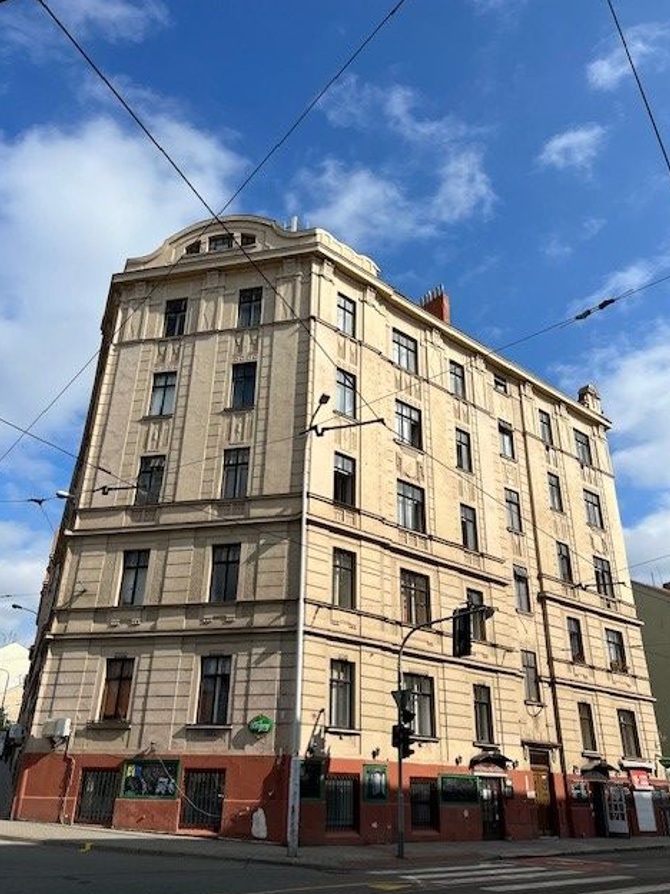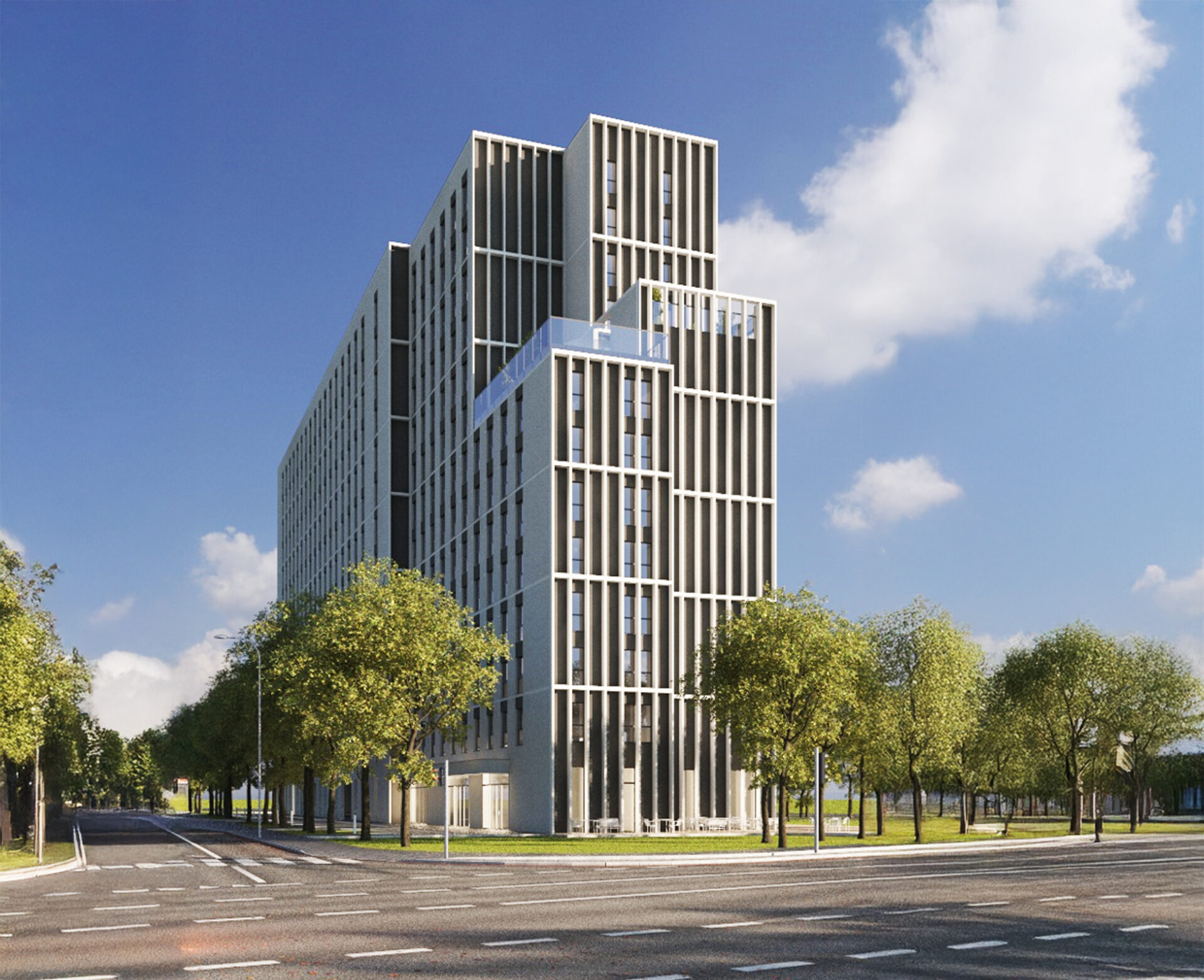Despite ongoing macro concerns highlighted by the IMF in its latest forecasts for the global economy, the property sector remained generally quite positive, looking at the findings of the latest RICS Commercial Monitor. Eurozone markets continue to keep momentum, with good expectations for rental and capital value growth over the year ahead.
Trends in the Eurozone
Although the European Commission cut its growth forecasts for the Eurozone economy this month, citing slowing global trade, manufacturing sector weakness and Brexit uncertainty, this is not affecting optimism among Europe real estate experts. According to the RICS Global Commercial Property Monitor, the fact that the ECB was quick to amend interest rate guidance, may have contributed to the resilience of sentiment amongst property professionals working in the region and both, tenant and investors demand remain positive.
The countries with the strongest readings in absolute terms, both as far as the real estate occupier and investor markets are concerned during Q1 2019 are: Hungary, Germany, Czech Republic, Portugal and the Netherlands. Once again, the RICS monitor underlines that strong industrial and office sectors remain in contrast with retail weakness.
In Germany, France and the Netherlands, investors continue to be drawn to the office and industrial sectors but are cautious on the retail sector. In the Netherlands for example, on both occupier and investment sides of the market, demand continues to decline in the retail sector. As a result, the availability of retail space both to lease and to purchase is rising noticeably. Moreover, retail rents are anticipated to decline across both prime and secondary locations.
Expectations for further capital gains generally remain firm across much of the region although there are significant divergences between segments of the market. So while the average projection in the Eurozone is 2 percent, this masks much more positive views regarding prime offices and industrials.
The impact of Brexit
In the UK the failure to reach agreement with the EU and the subsequent extension of Article 50 is very much reflected in the anecdotal feedback from respondents to the survey but for now at least, the key RICS indicators are only marginally negative. Indeed, the stronger message emanating from the data at the current time is the pressure on the retail sector in the wake of structural changes in consumer behaviour which appear more advanced in the UK than elsewhere.
RICS Chief Economist, Simon Rubinsohnn, comments on Europe’s outlook: “For the time being, the feedback to the RICS Commercial Monitor from Europe (ex-UK) remains fairly positive with capital values projected to rise further over the coming twelve months. Moreover, the rental outlook is continuing to provide support particularly away from the retail segment. However, it is noteworthy that an increasing share of respondents now view the real estate market as being expensive and in the peak phase of the cycle.“
Markets highlights:
Hungary
In Hungary results from the Q1 RICS Monitor point to robust momentum across the real estate market. Indeed, this is consistent with the country’s buoyant economic performance last year with GDP growth accelerating to 5 percent in 2018, the strongest since 1990.
Netherlands
Conditions remained very positive during Q1 2019, as respondents continue to cite rising demand and falling supply in the office and industrial sectors, driving solid expectations for rental and capital value growth. However, on both occupier and investment sides of the market, demand continues to decline in the retail sector with retail rents expected to decline across both prime and secondary locations. 61 percent of respondents now sense commercial real estate is becoming overpriced
Italy
Results are indicative of a relatively flat market backdrop overall. On the occupier side, solid demand growth in the office sector is to a large extent being offset by a negative trend for industrials, while respondents continue to note a slight pick-up in demand for retail space. Even so, availability is still on the rise in both the retail and office sectors. As such the survey suggests landlords are further increasing the value of incentive packages on offer to tenants across all areas of the market.
France
RICS experts in France still point to solid momentum across the market, particularly on the investment side. Indeed, the Investment Sentiment Index (a combined measure of short- term supply, demand and expectations series) now sits at +27, the strongest reading since the beginning of last year. That said, while feedback suggests demand from both occupiers and investors continues to rise smartly across the office and industrial sectors, these indicators remain negative for retail. Furthermore, 60 percent of respondents sense the market is nearing the peak of the current cycle







